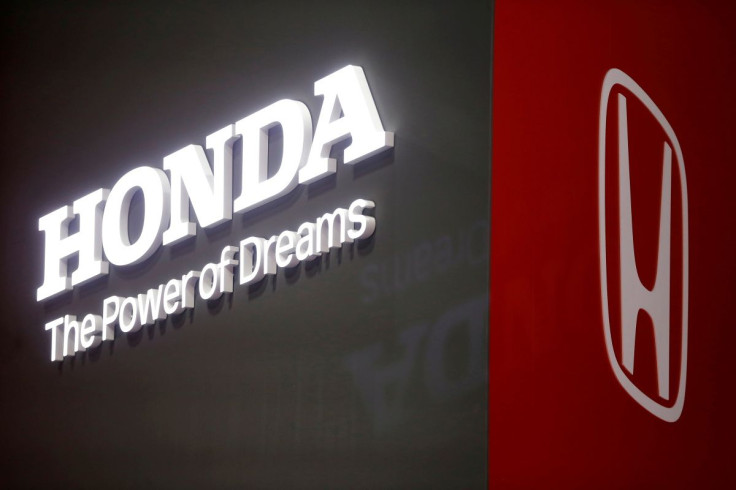More Than 500,000 Units Of Older Honda CR-V Models Recalled Over Rust Issue
KEY POINTS
- The recall affects vehicles sold or registered in the salt belt region
- "A detached rear trailing arm can cause a loss of vehicle control," the NHTSA noted
- Honda has received 61 customer complaints in the U.S. starting in 2018
More than 500,000 units of older models of Honda CR-V are being recalled, as a rusting issue may reportedly increase "the risk of a crash."
The problem with the affected Honda CR-Vs is that road salt, which is used as de-icing agents to "maintain the roadway," may enter the rear frame along with other things like mud and water if the car is driven through a puddle or flooded area at high speeds, according to documents from the National Highway Traffic Safety Administration (NHTSA).
The mixture of these things may eventually accumulate and lead the frame's internal structure to corrode and the rear trailing arm to get detached.
"A detached rear trailing arm can cause a loss of vehicle control, increasing the risk of a crash," the NHTSA noted in its letter to American Honda Motor.
The American Honda Motor recall affects certain Honda CR-V model years 2007 to 2011 that were "sold or ever registered" in the salt belt region, namely Connecticut, Delaware, Illinois, Indiana, Iowa, Kentucky, Maine, Maryland, Massachusetts, Michigan, Minnesota, Missouri, New Hampshire, New Jersey, New York, Ohio, Pennsylvania, Rhode Island, Vermont, Virginia, West Virginia, Washington D.C. and Wisconsin.
This is the U.S. region where road salt is used to help control ice and snow during the winter.
In total, some 563,711 units are potentially affected by the issuance.
In Canada, the cars were recalled back in 2019, according to the NHTSA. But a market study of cars in the Northeast region found that the "rear frame corrosion would not affect the structural integrity for the useful life of the vehicles due to fewer unpaved roads and lower sand/salt usage in the region as compared to Canada."
That same year, however, Honda received more claims for the rear frame corrosion. It then began an investigation in 2020 and continued the probe and the U.S. market survey into 2021.
On March 6 of this year, the company confirmed that the corrosion issue in the U.S. salt belt states is "equivalent" to the ones observed in the recalled cars in Canada in 2019. It decided to issue the recall on March 23.
So far, Honda has received 61 customer complaints in the U.S. starting from September 2018 to March 2023, but there have been no reports of injuries or deaths related to the issue. The problem hasn't been observed in the vehicles sold outside of the salt belt region, either, according to the report.
"Dealers will inspect and install a support brace or repair the rear frame, as necessary, free of charge," the NHTSA noted. "Depending on the extent of any corrosion damage, Honda may offer to repurchase the vehicle."
Affected owners who had already paid for repairs on their own may also take part in the recall, as they may also be eligible for reimbursement, Honda said.
Notification letters will be mailed to affected owners by May 8, but they may also contact Honda customer service at 1-888-234-2138 or the NHTSA vehicle safety hotline at 1-888-327-4236.

© Copyright IBTimes 2024. All rights reserved.






















